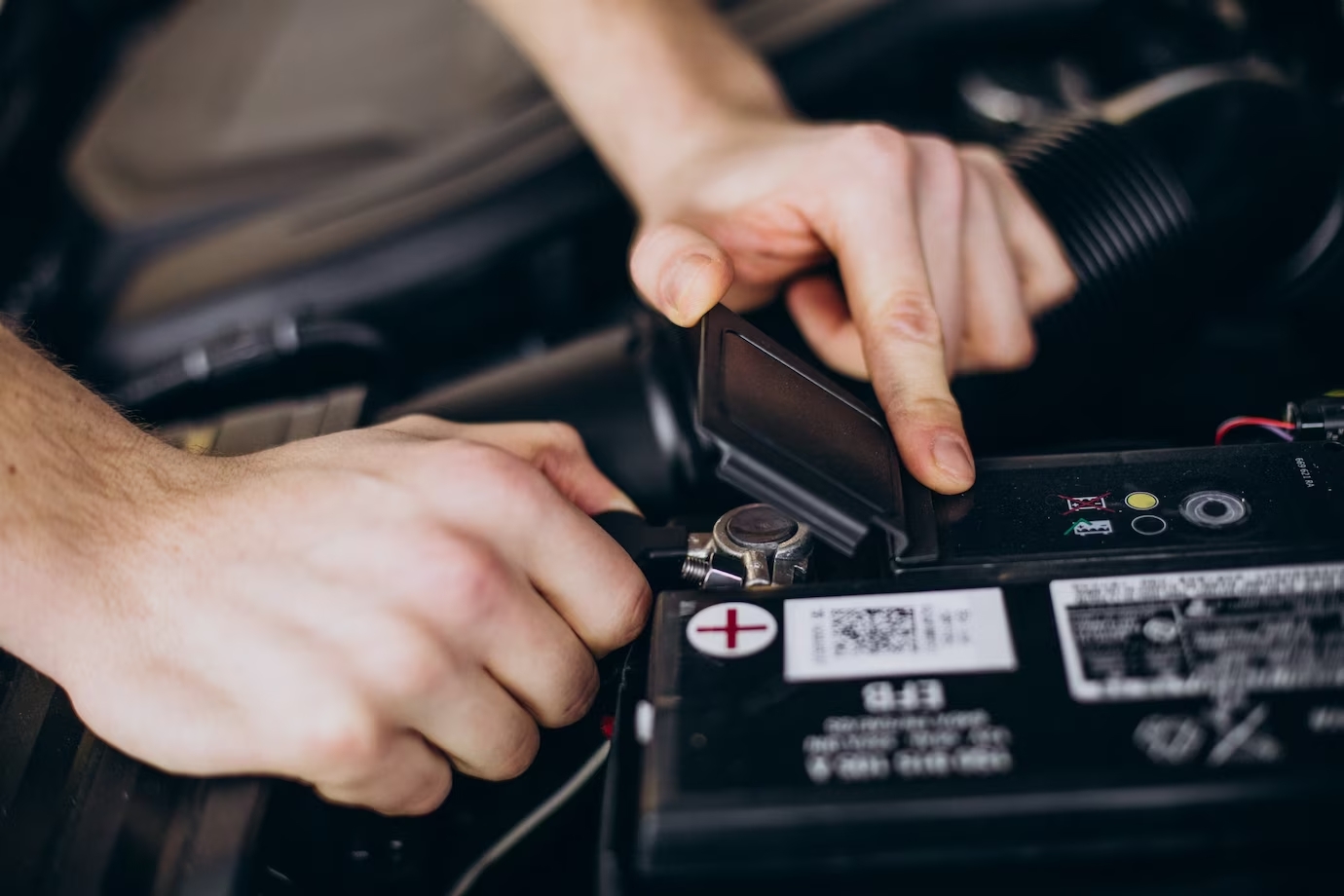Industry Insights: The Current Landscape of Lithium-Ion Automotive Batteries
In the ever-evolving landscape of automotive technology, lithium-ion batteries have emerged as a pivotal force driving the shift towards electric vehicles (EVs). This article delves into the current state of the lithium-ion automotive battery industry, providing valuable insights into market trends, key players, and future projections.
Market Trends in Lithium-Ion Automotive Batteries
The demand for electric vehicles has surged in recent years, propelled by a global commitment to sustainability and a heightened awareness of environmental issues. This shift has directly impacted the lithium-ion automotive battery market, driving innovation and efficiency. One notable trend is the increasing energy density of lithium-ion batteries, allowing for extended driving ranges and improved overall performance of electric vehicles.
Furthermore, advancements in manufacturing processes have led to a decline in the production cost of lithium-ion batteries, making electric vehicles more accessible to a broader consumer base. As a result, the market has witnessed a growing number of automakers incorporating lithium-ion batteries into their vehicle lineup, contributing to a more diverse and competitive landscape.
Key Players Shaping the Industry
Several key players have played a pivotal role in shaping the current landscape of lithium ion automotive batteries. Companies such as Tesla, Panasonic, LG Chem, and Samsung SDI have emerged as industry leaders, driving innovation and setting new standards for performance and reliability.
Tesla, in particular, has been at the forefront of lithium-ion battery technology, continuously pushing the boundaries of what electric vehicles can achieve. Their Gigafactories, strategically positioned worldwide, showcase the company’s commitment to scaling up battery production to meet the increasing demand for electric vehicles.
Collaborations between automakers and battery manufacturers have become commonplace, fostering synergies that accelerate technological advancements. These partnerships aim to address challenges such as charging infrastructure, battery efficiency, and overall reliability, ensuring a seamless transition to a more sustainable automotive future.
Future Projections for Lithium-Ion Automotive Batteries
Looking ahead, the future of lithium-ion automotive batteries appears promising. Continued research and development efforts are focused on overcoming current limitations, such as charging speed and energy density, to make electric vehicles even more competitive with traditional internal combustion engine vehicles.
The integration of artificial intelligence and smart technologies into battery management systems is expected to enhance the overall efficiency and longevity of lithium-ion batteries. Predictive maintenance and real-time monitoring will become standard features, providing users with a more seamless and reliable driving experience.
The push towards solid-state batteries represents another frontier in lithium-ion technology. These batteries promise increased energy density, faster charging times, and improved safety. While still in the early stages of development, solid-state batteries have the potential to revolutionize the electric vehicle market in the coming years.
In conclusion, the current landscape of lithium-ion automotive batteries is marked by dynamic market trends, influential key players, and optimistic future projections. As the automotive industry continues its transition towards electrification, lithium-ion batteries will undoubtedly play a central role in defining the future of transportation. The ongoing collaboration between automakers and battery manufacturers, coupled with advancements in technology, positions the industry for sustained growth and innovation in the years to come.

